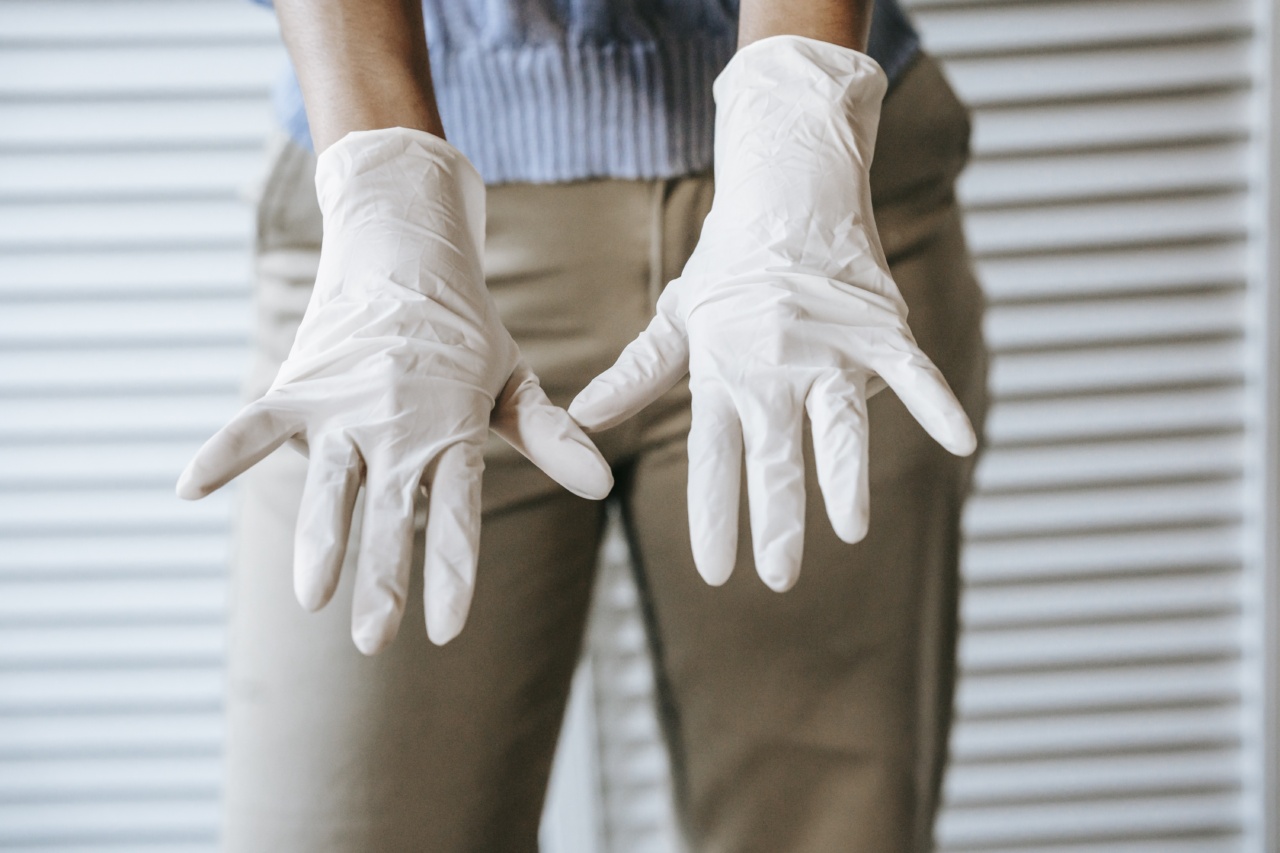When it comes to feminine hygiene, many women believe that extra cleansing is necessary to maintain optimal vaginal health.
However, excessive washing and using harsh substances can actually disrupt the delicate balance of the vagina and put your vaginal health at risk. In this article, we will explore the potential dangers of overwashing and provide tips on how to maintain a healthy vaginal ecosystem.
The Importance of Vaginal Flora
The vagina contains a natural balance of bacteria, yeast, and other microorganisms called the vaginal flora. This ecosystem helps maintain the pH level of the vagina and protects against infections.
The acidic pH of a healthy vagina (around 3.5-4.5) prevents the overgrowth of harmful bacteria and yeast.
The Dangers of Overwashing
One of the biggest misconceptions about vaginal health is the belief that strong soaps and douches are necessary to keep the vagina clean.
In reality, these products can disrupt the natural balance of the vaginal flora and increase the risk of infections and irritation.
Overwashing can strip away the healthy bacteria and natural lubrication, leading to dryness and discomfort. It can also cause the pH level to become alkaline, which creates a favorable environment for the growth of harmful bacteria and yeast.
Increased Risk of Infections
Using strong cleansers or douches can disrupt the delicate balance of the vaginal flora and increase the risk of developing various types of infections:.
1. Bacterial Vaginosis (BV)
Bacterial vaginosis is a common vaginal infection caused by an overgrowth of harmful bacteria. Symptoms may include abnormal vaginal discharge, itching, and a foul odor.
Overwashing can disturb the balance of bacteria in the vagina, leading to an increased risk of developing BV.
2. Yeast Infections
Yeast infections are caused by an overgrowth of Candida, a type of fungus that naturally resides in the vagina. However, disruptions in the vaginal flora can promote the growth of Candida, leading to itching, redness, and a thick white discharge.
3. Urinary Tract Infections (UTIs)
Overwashing can also increase the risk of urinary tract infections. The urethra, the tube that connects the bladder to the external opening, is located in close proximity to the vagina.
Disrupting the vaginal flora can make it easier for bacteria to enter the urethra and cause an infection.
4. Vulvovaginal Irritation
The skin around the vagina, known as the vulva, is sensitive and can easily become irritated. Excessive washing and the use of harsh cleansers can strip away the natural oils and protective barrier, leading to redness, itching, and discomfort.
Tips for Maintaining Vaginal Health
Instead of relying on aggressive washings, consider the following tips to maintain a healthy vaginal ecosystem:.
1. Gentle Cleansing
Use a mild, fragrance-free soap or a specifically formulated intimate wash to cleanse the external genital area. Avoid applying soap directly to the vagina, as it can disrupt the natural pH balance.
2. Avoid Douching
Douching is unnecessary and can disturb the natural balance of the vagina. The vagina is self-cleaning and produces its own discharge to flush out harmful bacteria and maintain a healthy pH level.
3. Opt for Cotton Underwear
Wearing breathable cotton underwear and avoiding tight-fitting clothing can help prevent excessive moisture and create a less favorable environment for bacterial or yeast overgrowth.
4. Limit Scented Products
Avoid using scented tampons, pads, or toilet paper, as the fragrance can cause irritation and disrupt the vaginal flora. Stick to unscented or hypoallergenic products.
5. Maintain a Healthy Diet
Eating a balanced diet rich in probiotics, such as yogurt with live cultures and fermented foods, can support a healthy vaginal flora. Probiotics help maintain the optimal balance of bacteria in the vagina.
6. Use Protection During Sexual Activity
Correct and consistent use of condoms can reduce the risk of sexually transmitted infections (STIs) that can disrupt the vaginal flora. Proper lubrication during sexual activity can also prevent irritation and discomfort.
Conclusion
While it may be tempting to use strong cleansers and washing techniques to achieve a “cleaner” feeling, overwashing can put your vaginal health at risk.
Maintaining a balanced vaginal ecosystem is crucial for preventing infections and discomfort. By opting for gentle cleansing, avoiding douching, wearing breathable underwear, and making healthy lifestyle choices, you can ensure the well-being of your vaginal health.





























